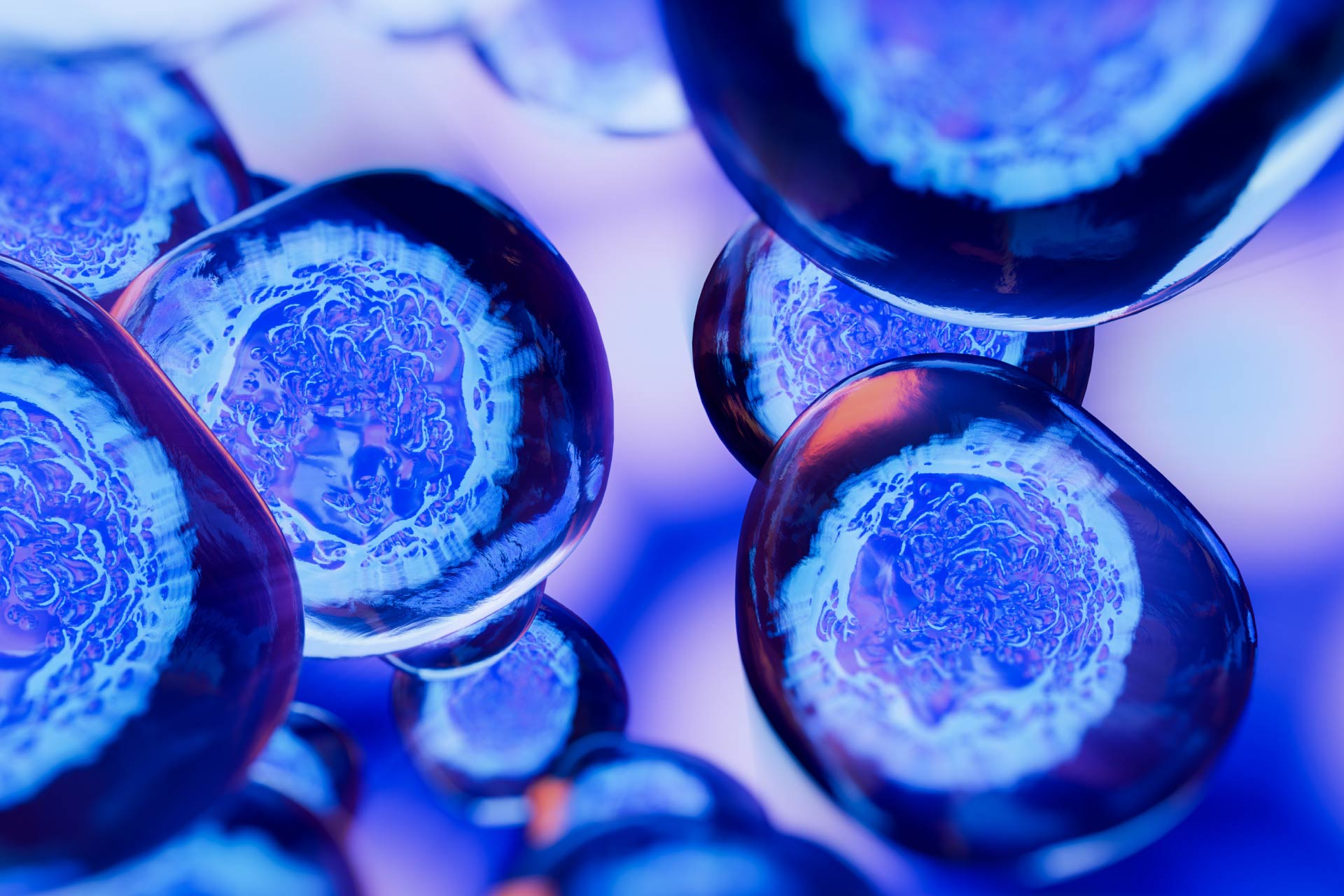What is already known
Stem cell transplants can cure blood cancers like leukemia, but they also bring the risk of severe side effects. Complications such as infections and graft-versus-host disease — a condition that occurs when donor’s stem cells attack the recipient — can be life threatening, so transplant recipients have high mortality rates. Previous studies suggest that people with more diverse gut microbiotas have more favorable transplant outcomes and lower rates of infections and graft-versus-host disease, but the molecular mechanisms underlying these beneficial effects are still unclear.
What this research adds
Researchers profiled the immune cells of 174 stem cell transplants recipients 30 and 100 days after transplantation. At day 30, people with more diverse gut microbiotas had higher numbers of two types of immune cells, which were linked to higher survival rates and a lower risk of acute graft-versus-host disease. These cells depended on microbiota-derived molecules that persisted after the stem cell transplant.
Conclusions
The findings suggest a link between microbiota diversity, microbial metabolites and the maintenance of specific immune cells.
Stem cell transplants can save lives, but they also have a high risk of deadly complications. A new study shows that a more diverse gut microbiota can improve clinical outcomes in people receiving stem cell transplants — likely by boosting the levels of two types of immune cells that reduce the risk of infections and complications.
The findings, published in Science Translational Medicine, suggest a link between microbiota diversity, microbial metabolites and the maintenance of specific immune cells.
Stem cell transplants can cure blood cancers like leukemia, but they also bring the risk of severe side effects. Complications such as infections and graft-versus-host disease — a condition that occurs when donor’s stem cells attack the recipient — can be life threatening, so transplant recipients have high mortality rates.
Previous studies suggest that people with more diverse gut microbiotas have more favorable transplant outcomes and lower rates of infections and graft-versus-host disease. To understand why, researchers led by Kate Markey at Fred Hutchinson Cancer Research Center enrolled 174 patients undergoing stem cell transplants in a clinical study.
Immune boost
Study participants included people with leukemia, lymphoma, multiple myeloma and other blood cancers who received stem cell transplants at the Memorial Sloan Kettering Cancer Center in New York. At 30 days and again at 100 days after stem cell transplantation, the researchers analyzed the participants’ immune cells and the bacteria in their stool.
The team found that some of the patients had more diverse microbiotas at the 30-day mark. Compared with people with less diverse microbiotas, these individuals had higher numbers of two types of immune cells: innate-like mucosal-associated invariant T (MAIT) cells and V-delta-2 cells. These cells are known to respond quickly to bacterial infections.
Higher abundances of Bacteroidetes were associated with increased levels of MAIT cells at day 30, whereas Firmicutes bacteria were more abundant in people with lower numbers of MAIT cells. The levels of Bacilli and Lactobacillales were inversely correlated with the numbers of MAIT cells, whereas higher abundances of MAIT cells were associated with bacteria such as Blautia, Bacteroidia and Erysipelotrichia, the researchers found.
Microbial metabolites
The levels of MAIT cells and V-delta-2 cells were linked to higher survival rates and a lower risk of acute graft-versus-host disease, the team found. Two years after the transplant, people with increased numbers of MAIT cells at the 30-day mark had a higher overall survival rate and a lower risk of acute graft-versus-host disease compared with patients with fewer MAIT cells.
Further analyses showed that MAIT cells and V-delta-2 cells depended on microbiota-derived molecules that persisted after the stem cell transplant. Some of these metabolites, including one called HMBPP, are able to activate MAIT cells and V-delta-2 cells. HMBPP was detected in stool from four patients who had very high V-delta-2 cells levels compared with the rest of the study participants.
Although larger studies are needed to validate the link between immune cells and clinical outcomes in recipients of stem cell transplants, the findings suggest that approaches to support gut microbiota diversity may be beneficial for these patients, the researchers say.









